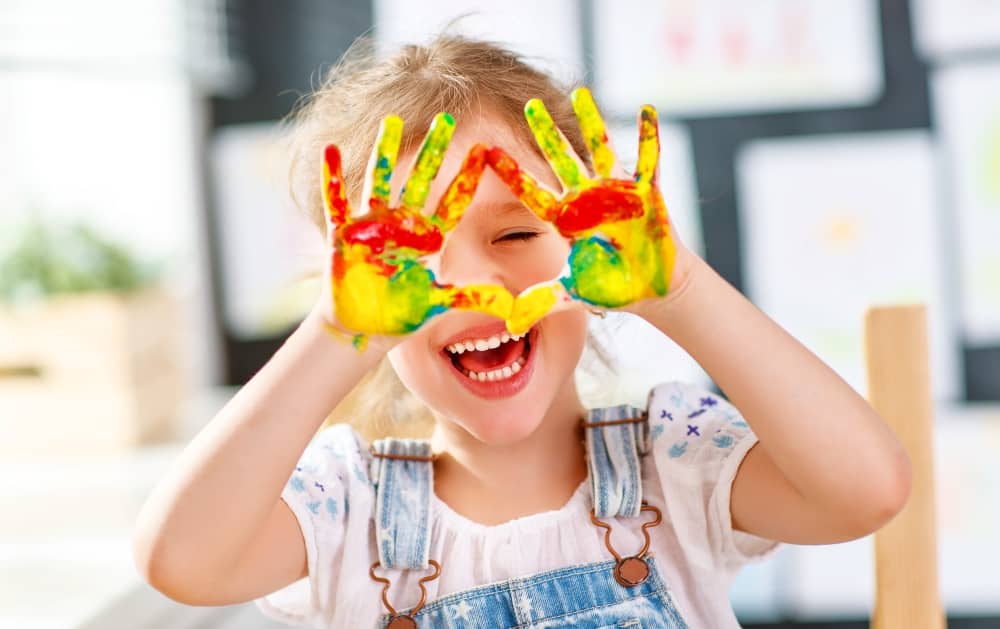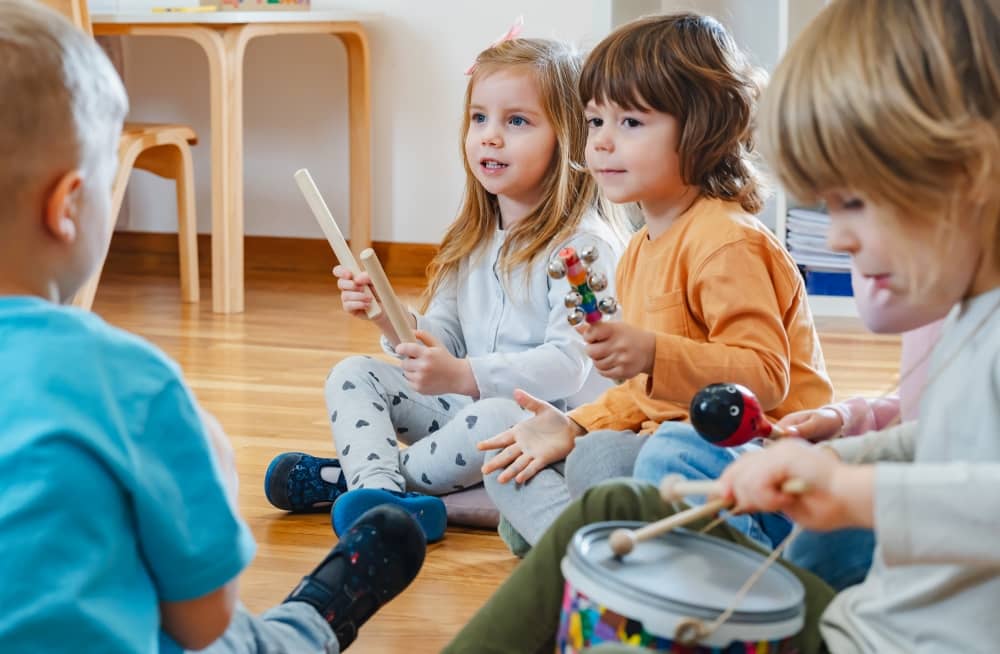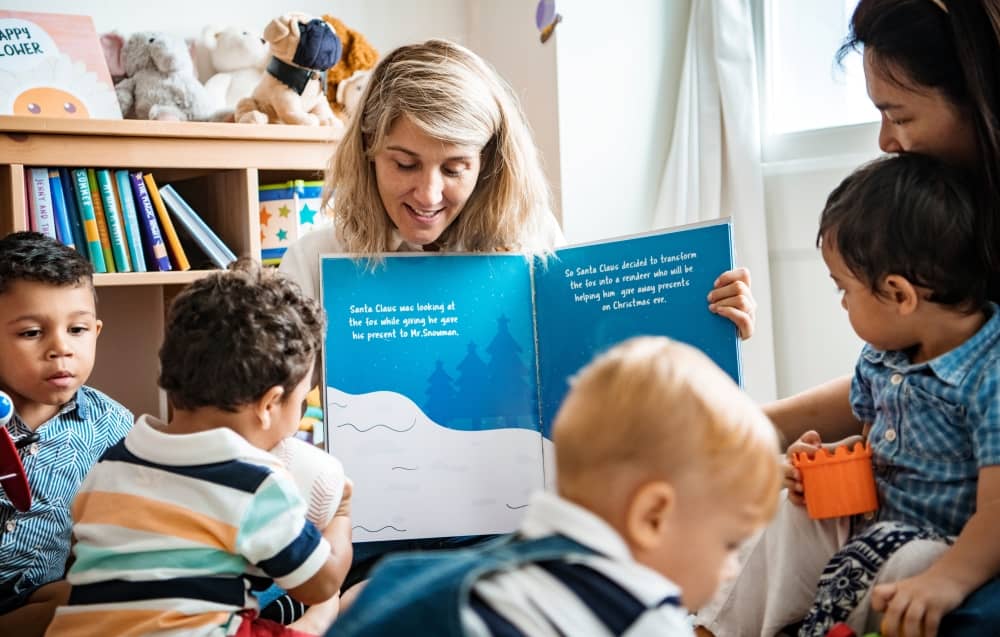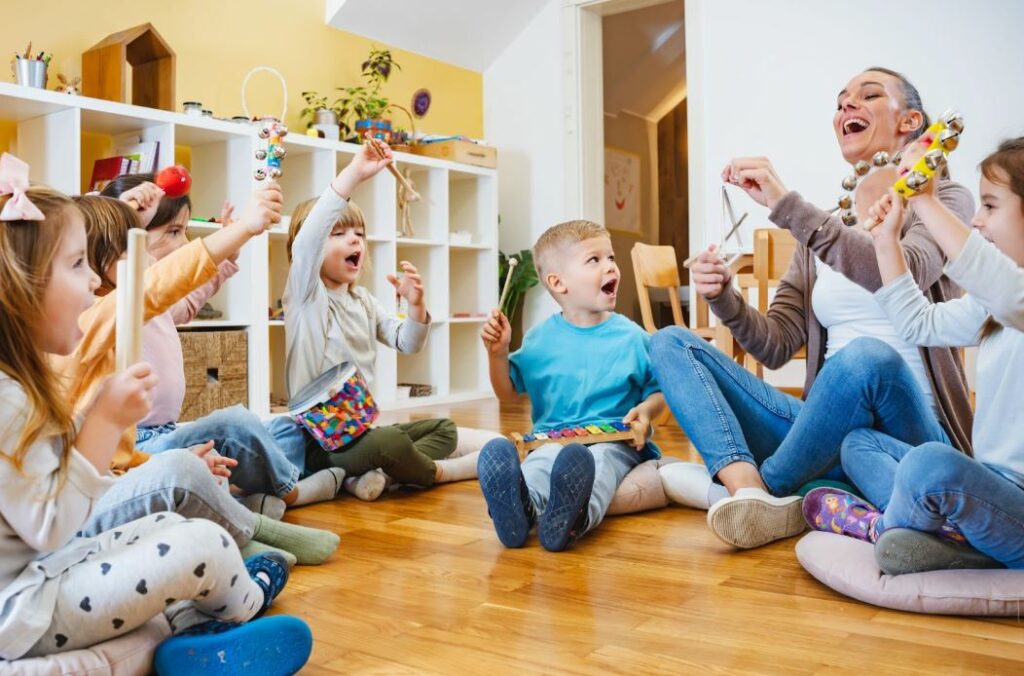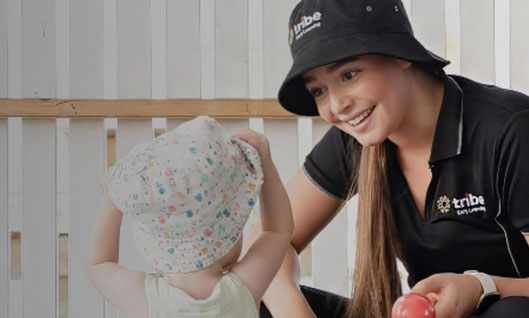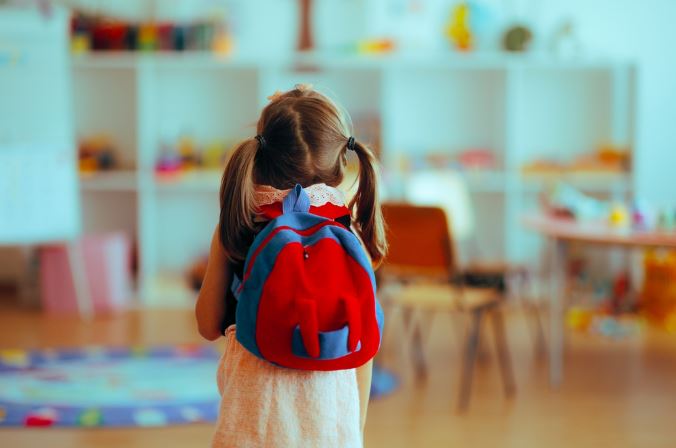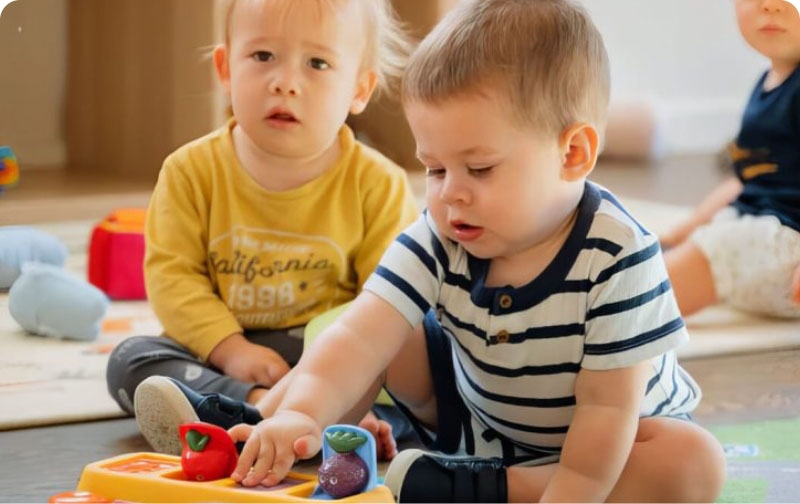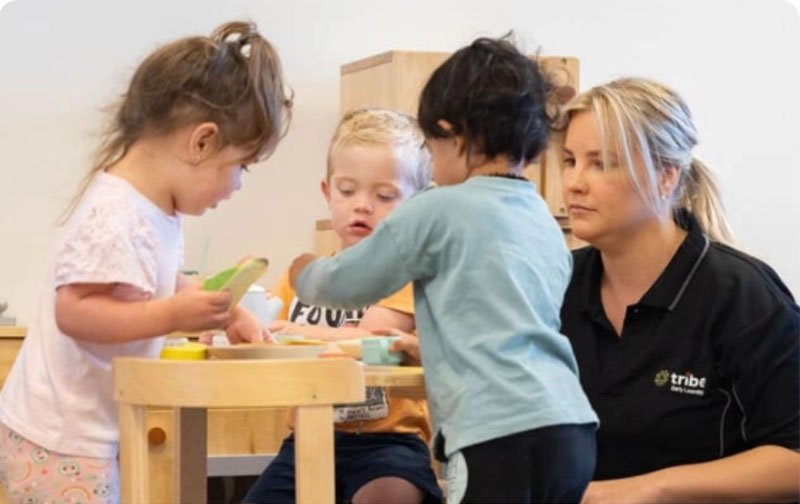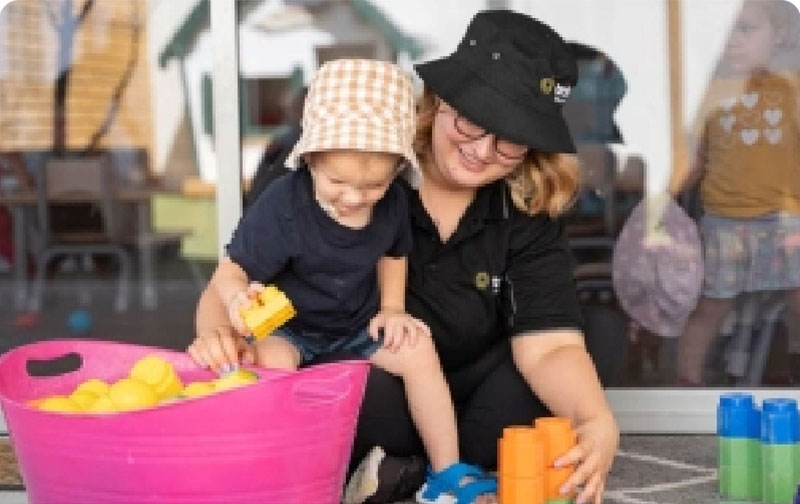Childhood is a time of wonder, curiosity, and boundless imagination. During these formative years, children develop their sense of self, explore the world, and discover their unique abilities. Creativity and self-expression are vital in nurturing a child’s holistic development, fostering their cognitive, emotional, social, and physical growth. This blog will explore the significance of creativity and self-expression in early childhood and how art, music, movement, and storytelling contribute to a child’s overall well-being.
Art Adventures: Nurturing Creativity and Self-Expression in Young Artists
1. Exploring Artistic Mediums
Encouraging children to engage in various art-based activities opens doors to endless possibilities for self-expression. Painting, sculpting, and collage are just a few mediums that allow young artists to express their emotions, thoughts, and ideas. By providing opportunities for artistic exploration, we empower children to develop their fine motor skills, enhance their visual-spatial abilities, and build self-confidence. Art also serves as a powerful tool for emotional expression, enabling children to communicate and process their feelings safely and creatively.
2. The Benefits of Art
Engaging in artistic endeavours supports cognitive growth and problem-solving skills. When children are encouraged to think critically, make choices, and experiment with different materials, they develop their ability to analyze, innovate, and envision unique solutions. Art also fosters imagination and divergent thinking, enabling children to explore multiple perspectives and appreciate the beauty of individuality. Through art, children learn to appreciate the process rather than focusing solely on the outcome, building resilience and a growth mindset.
3. Cultivating a Creative Environment
Creating an environment that nurtures creativity is essential in early childhood settings. Incorporating open-ended art stations, displaying children’s artwork, and celebrating their creative achievements fosters a sense of pride and encourages further exploration. By providing a rich and diverse range of materials and tools, educators and parents can empower children to take ownership of their artistic expression, allowing their creativity to flourish.
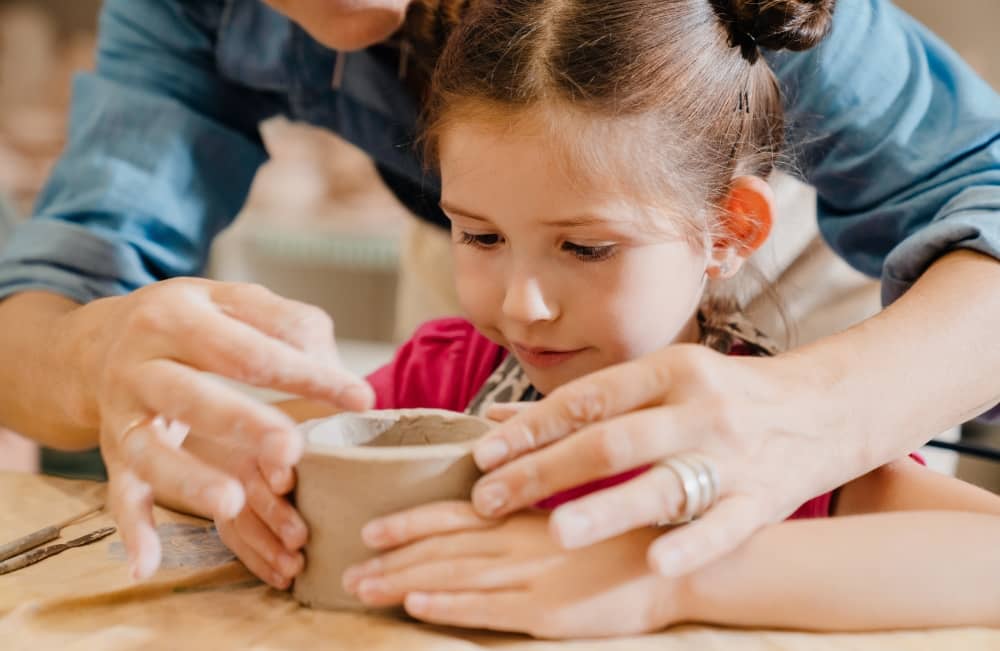
Music and Movement: The Rhythm of Early Learning
1. The Power of Music
Music profoundly impacts a child’s development, engaging multiple senses and stimulating various brain areas. Integrating music into daily routines and activities helps children refine their motor skills, coordination, and spatial awareness. It also serves as a medium for self-expression, enabling children to express their emotions and connect with others on a deeper level. Singing, dancing, and playing musical instruments create a joyful and inclusive atmosphere, fostering social interaction, teamwork, and empathy.
2. Movement as a Learning Tool
Incorporating movement-based activities enhances children’s physical development and promotes a healthy lifestyle. Dance and movement games improve gross motor skills and support cognitive functions, including memory, attention, and problem-solving. Movement allows children to explore their bodies, spatial relationships, and concepts like rhythm and timing. Furthermore, it provides an outlet for self-regulation and emotional release, allowing children to manage stress and express themselves authentically.
3. Creating Musical Experiences
Organizing musical events and involving families strengthens the bond between the learning centre, educators, and parents. Family sing-alongs, music showcases, and collaborative performances create a sense of community, promoting a shared appreciation for music and fostering connections between children, their families, and the wider community. These experiences enhance a child’s confidence and self-esteem and give them a platform to shine and celebrate their unique talents.
4. The Role of Music in Brain Development
Music has a remarkable impact on a child’s brain development. Studies have shown that engaging with music activates multiple brain areas, including those responsible for language processing, spatial reasoning, and memory. When children are exposed to music through singing, dancing, or playing instruments, neural connections are formed and strengthened, promoting cognitive growth and enhancing their ability to learn and retain information. Additionally, music has been found to support language development by exposing children to rhythmic patterns, melodic structures, and vocabulary, helping them acquire language skills more readily. Incorporating music into early learning experiences enriches children’s lives and provides them with a powerful tool for intellectual growth.
The Power of Storytelling: Igniting Imaginations and Building Language Skills
1. Language Development through Stories
Storytelling is a powerful tool for language acquisition and development in early childhood. When children are exposed to stories, they are immersed in a world of language, vocabulary, and narrative structure. Listening to stories helps expand their vocabulary, improve comprehension skills, and develop an understanding of sentence structure and grammar. Storytelling also sparks imagination and creativity, as children are transported to different worlds and introduced to new characters and experiences. Through storytelling, children who qualify learn to communicate effectively, express their ideas, and build strong foundations for literacy and communication.
2. Cultivating a Love for Reading
Educators can instil a love for reading in young children by incorporating storytelling into daily routines at learning centres. Interactive storytelling sessions, where children actively participate by answering questions, retelling parts of the story, or even creating their endings, foster engagement and critical thinking. Puppet shows and role-playing activities bring stories to life and ignite children’s imaginations. Additionally, organizing book clubs or reading circles encourages a sense of community. It allows children to share their thoughts and emotions about the stories they’ve read, fostering social skills and empathy.
3. Empowering Children as Storytellers
Encouraging children to become storytellers enhances their creativity and strengthens their language skills and self-confidence. Providing opportunities for children to create their own stories through drawing, dictation, or dramatic play, nurtures their imagination and enables them to express their unique perspectives. Educators can guide children in developing storylines, characters, and settings, fostering their ability to think critically and construct coherent narratives. Sharing these stories with peers and celebrating each child’s creativity and originality builds self-esteem and a sense of accomplishment.
In conclusion, creativity and self-expression are vital components of a child’s development in early childhood. Children are empowered to explore their emotions, ideas, and unique identities through art, music, movement, and storytelling. These forms of expression foster cognitive growth, fine motor skills, and language development and cultivate confidence, resilience, and social connections. By prioritizing and celebrating creativity and self-expression in childhood, we provide children with the tools and opportunities they need to thrive and become well-rounded individuals.
Fostering creativity and self-expression in childhood is essential for holistic development. At Tribe Early Learning, we believe in nurturing your child’s unique abilities and providing a supportive environment to explore their creativity. Discover how our programs prioritize art, music, movement, and storytelling to ignite your child’s imagination and promote their overall growth.
